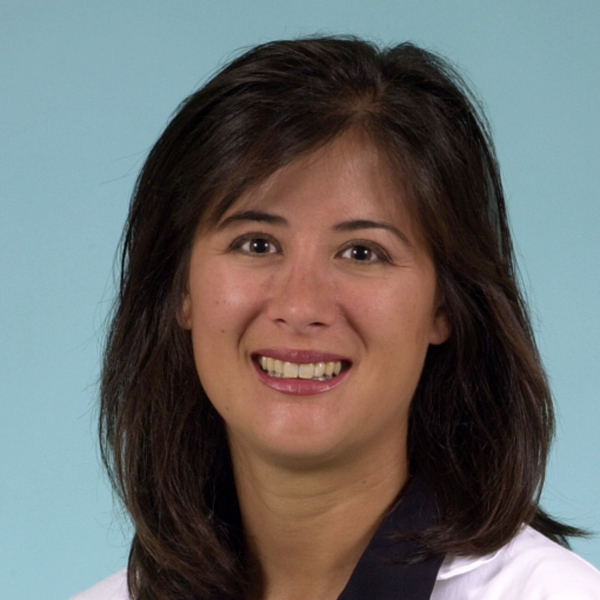Allison King is a pediatric hematologist and oncologist. She focuses her research on educational outcomes of two populations of children with chronic diseases: children with sickle cell disease (SCD) and children with brain tumors. She is investigating variables related to academic achievement and self-sufficiency, including socioeconomic status and family dynamics.
She earned her bachelor's degree in electrical engineering at Washington University in St. Louis in 1992, and graduated from medical school at the University of Missouri-Columbia in 1996. After training in a general pediatric residency at St. Louis Children’s Hospital and Washington University School of Medicine, Dr. King was an instructor of pediatrics in newborn medicine before returning to the university for a fellowship in pediatric hematology and oncology. During her fellowship, she also trained at Children’s National Medical Center in pediatric neuro-oncology and earned a Master of Public Health (MPH) from Saint Louis University in 2003. She earned her doctorate in education from Saint Louis University in 2015.
Adolescents with SCD have multiple challenges. In a recent study, it was reported that only 20% of high school-aged students with SCD completed high school in four years. Dr. King’s research is identifying community resources (vocational education, GED classes) to assist these children and their families. These educational and independent living transitions are taking place concurrently with transition to adult medical care.
Dr. King is also working on a public health project to education African Americans about their sickle trait status and is partnering with a local federally-qualified health center and local churches to complete education, trait testing and genetic counseling. Examples of projects she is working on include developing relationships with community associations to address educational attainment with these chronic diseases and develop programs to identify young adults with chronic diseases and poor educational attainment and referrals to local programs to assist them in obtaining tutoring, GEDs, and vocational rehabilitation. This triage program will eventually contribute to a self-management program for adolescents and young adults with SCD or brain tumors; evaluate educational attainment in children with brain tumors; evaluation daily living activities in children with brain tumors; evaluate executive function and attention in children with brain tumors; exploring the impact of these illnesses on the parents’ stress level or daily activities; and educate adolescents to improve independent living skills.

